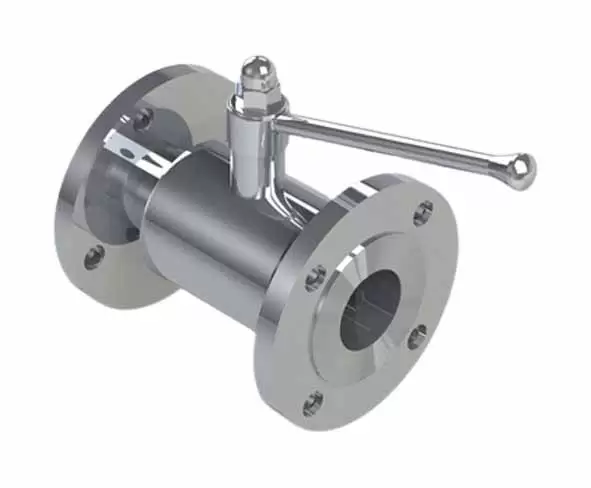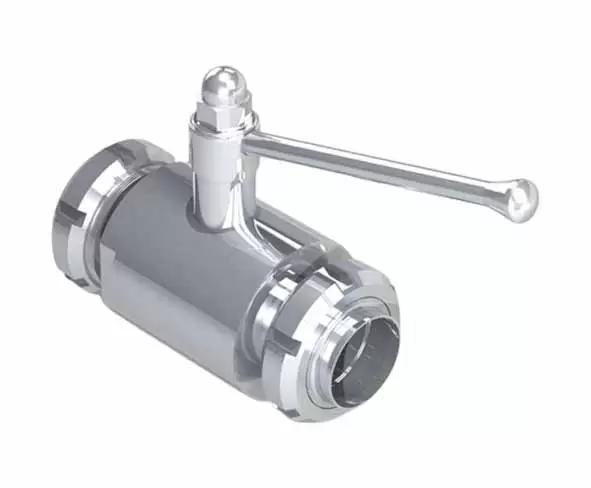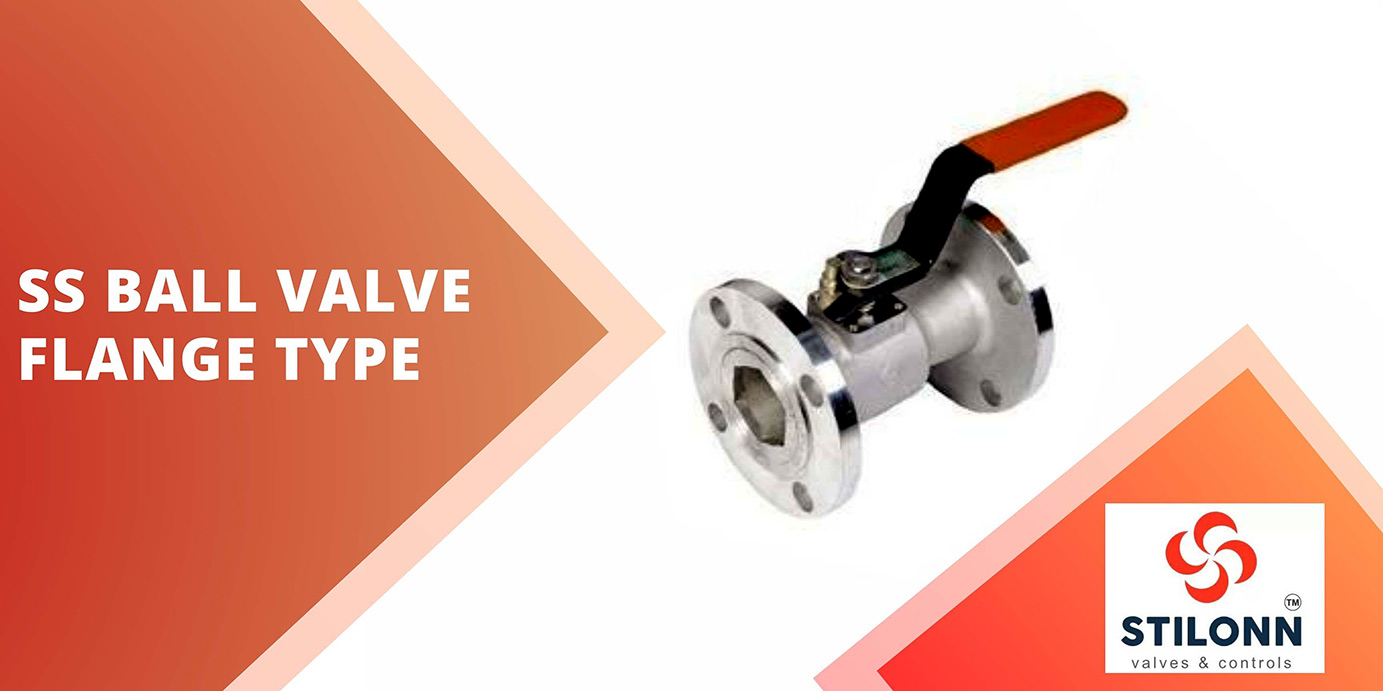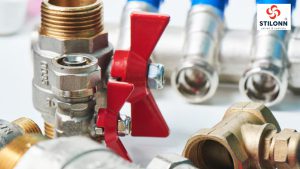What is a Stainless Steel Ball Valve?
A stainless steel ball valve controls the flow of liquids or gases through a pipeline. It has a spherical ball with a hole in the centre that can be turned to allow or block flow. This precise control and strong shutoff capabilities make it popular in various industries.
Why Use Stainless Steel?
Stainless steel is popular for ball valves due to its high resistance to corrosion, durability, and ability to withstand extreme temperatures and pressures. These qualities make stainless steel ball valves suitable for tough environments like chemical plants, oil and gas industries, and water treatment facilities.
Understanding Flange Type Ball Valves
Flange-type ball valves have flanges on both ends, allowing them to be securely bolted to the piping system. This design creates a solid and leak-proof connection, ideal for high-pressure applications. Flanged connections are favoured because they simplify installation and maintenance.


Key Features and Benefits
– Durability: Stainless steel flange-type ball valves are built to endure harsh conditions, providing long-term reliability.
– Corrosion Resistance: They resist rust and corrosion, making them last longer than valves made from other materials.
– High Pressure and Temperature Tolerance: These valves can handle severe conditions without losing performance.
– Leak-Proof Seal: The flanged connection ensures a tight seal, preventing leaks and enhancing safety.
– Easy Maintenance: Their design allows easy inspection and repair, reducing downtime.
Applications of Flange-Type Ball Valves
Flange-type ball valves are versatile and used in many settings:
– Chemical Processing: To control the flow of corrosive chemicals.
– Oil and Gas Industry: This is used to manage the transfer of oil, gas, and other hydrocarbons.
– Water Treatment Plants: To regulate the flow of water and wastewater.
– Pharmaceutical Industry: Ensuring sterile and contamination-free processes.
– Food and Beverage Industry: Maintaining hygiene standards in production lines.
Installation and Maintenance Tips
– Proper Alignment: Ensure the flanges align correctly with the pipe flanges to avoid stress and potential leaks.
– Use Appropriate Gaskets: Select gaskets compatible with the fluid being handled to maintain a good seal.
– Regular Inspection: Periodically check for wear and tear to prevent unexpected failures.
– Lubrication: Keep moving parts well-lubricated to ensure smooth operation and extend the valve’s life.
Conclusion
Stainless steel ball valve flange types offer reliable, durable, and efficient solutions for managing fluid flow in various industrial applications. Their corrosion resistance, ability to tolerate high pressure and temperature, and ease of maintenance make them an excellent choice for demanding environments. By understanding their features and following proper installation and maintenance practices, you can ensure optimal performance and longevity of your stainless steel ball valves.




